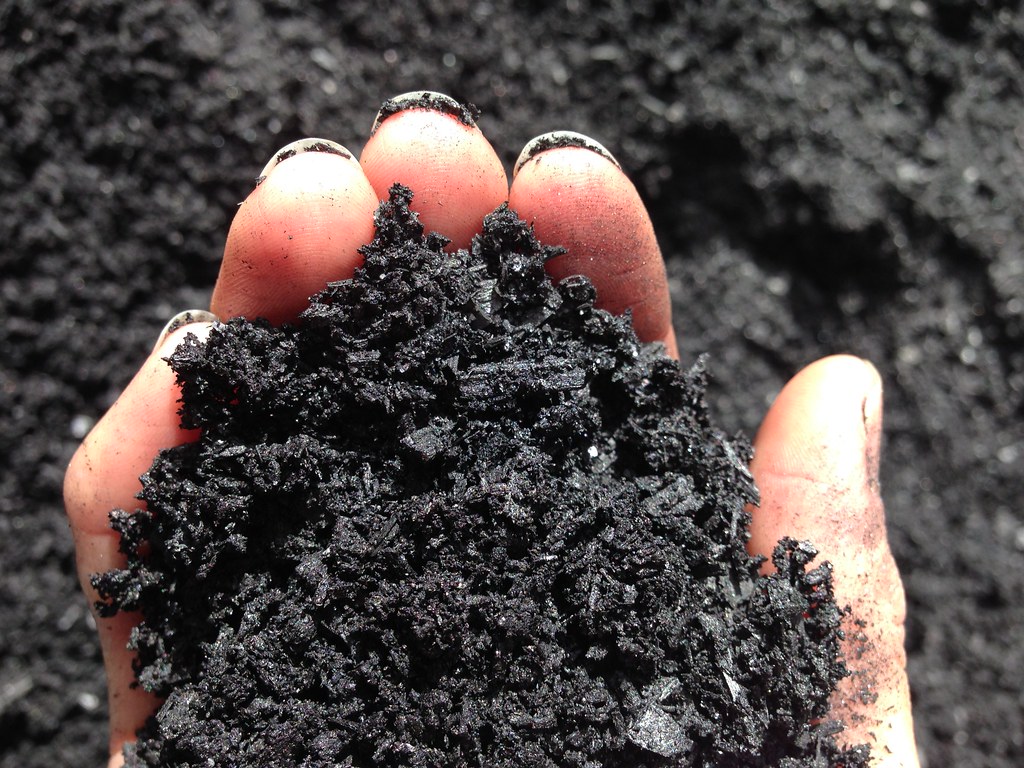Peat has been used by the horticultural sector for many years due to its properties and lower cost. In the light of more awareness of the need for sustainability, the industry is trying to move away from peat and is researching alternatives.
What is Biochar?
Biochar is organic material that has been heated to high temperatures (a process known as pyrolysis), which leaves a solid carbon residue. Biochar is based on a long tradition of creating charcoal-rich soils, with evidence of farming techniques producing charcoal in the Amazon Basin over centuries.
Other peat alternatives
All peat alternatives have advantages and disadvantages and no single product suits all situations. All need combining with other materials for growing mediums and all they have different pH levels.
- Coir has a low to neutral pH, it is easily rewetted and provides a good balance of air and water for plant roots. However, it is a by-product of other processes and also needs secondary processing to make it ready for horticultural use. As coir has to be transported from overseas this adds to the environmental impact and also makes it expensive.
- Wood fibre is commonly used and is consistent in quality. However, it can become compressed over time and is not especially water retentive. It generally has a low pH and requires secondary processes to fabricate it.
- Wood bark has a low pH and needs to be mixed with other mediums to aid water retention. It too needs secondary processing to make it suitable for horticulture, so there is a variable quality and it is more expensive.
- Green waste has a high pH and can be contaminated with plastics, glass and herbicides. It is variable in its properties even with the purported better-quality products.
Benefits and disadvantages of Biochar
Both wood fibre and wood bark are also in demand from the biofuel sector and most of these alternatives need combining with other materials to form a growing medium. Biochar has an advantage as it is not solely reliant on the same raw materials.One of the beneficial qualities of biochar is its ability to hold nutrients and water due to its good pore structure. It provides good drainage and promotes microbial habitat as microbes within the soil limit the decomposition of organic matter and affect the cycle and storage of carbon and nitrogen.
Due to its structure and nutrient holding capacity, Biochar can be used as a base for slow release fertiliser. There is research that suggests that biochar suppresses diseases. Other studies have shown it can remediate soil contamination. Biochar could also help mitigate climate change by sequestering carbon for long periods of time.
Biochar can be very high in pH, so cannot support plants that require acidic to neutral soils. Due to the high alkalinity in biochar it would not be an all-round product, unless treated. It would be worth considering its use with non-ericaceous stock or to increase pH in overly acidic soils.
Biochar is still at an early phase but research shows there is merit in using biochar as a growing medium.
Where can I get Biochar?
Biochar is commercially available through several UK suppliers including Carbon Gold and Black Bear Biochar.

